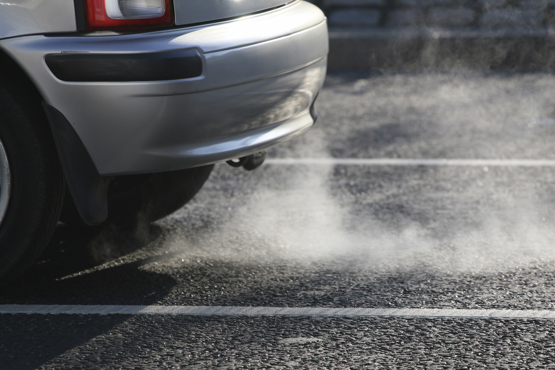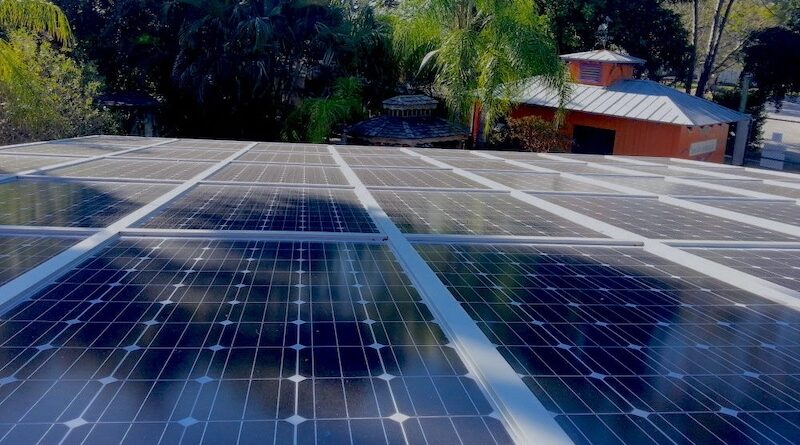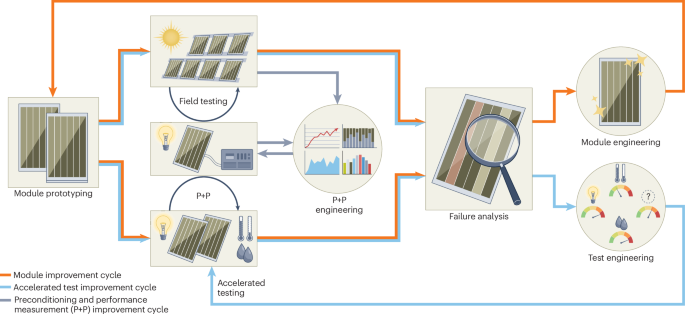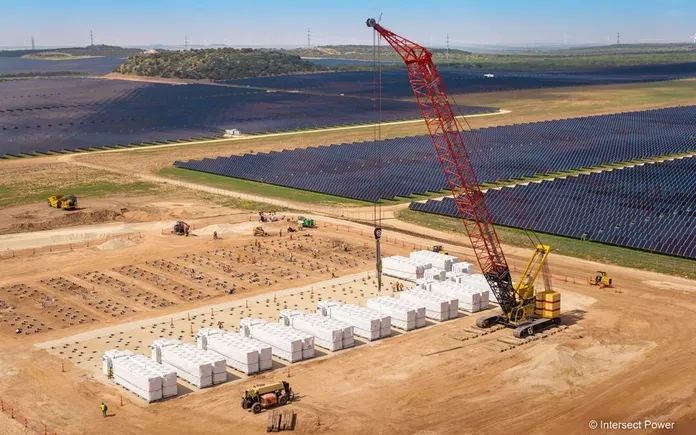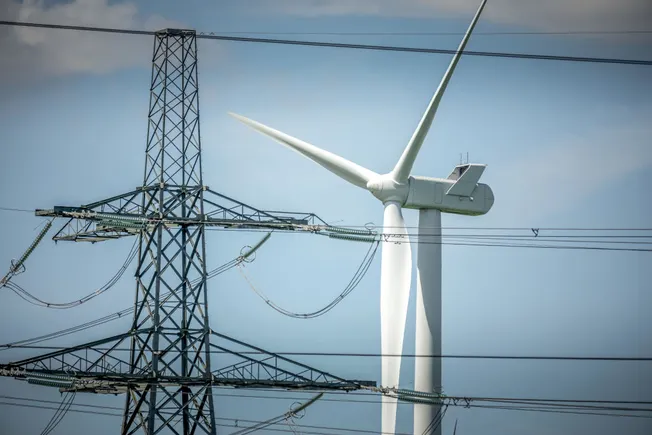Here’s What Happens to Your Earnest Money at Closing
Earnest money shows you're serious about buying a home—but what happens to it at closing? See how it’s used, when you can get a refund, and what happens to your deposit in different scenarios. The post Here’s What Happens to Your Earnest Money at Closing appeared first on Redfin | Real Estate Tips for Home Buying, Selling & More.


When you make an offer on a home, you’ll usually include earnest money – a deposit that shows the seller you’re committed to the purchase.
So, what happens to earnest money at closing? In most cases, it’s applied toward your down payment or closing costs. You typically won’t get it back as cash, but it’s not lost – it just gets used to help cover what you owe.
Still, what happens to earnest money at closing can vary depending on the terms of your contract. In this Redfin guide, we’ll walk through how it works, when you might get it back, and what to expect in different scenarios.
In this article:
- What is earnest money?
- What happens to earnest money at closing?
- Scenarios where you could get your earnest money back
- Other possible outcomes for your earnest money

What is earnest money?
Earnest money is a deposit you make after your offer on a home is accepted to show the seller that you’re serious about buying. Think of it as a good-faith payment that tells the seller you’re committed.
This deposit is usually between 1% and 3% of the home’s purchase price, but the amount can vary based on the local market and the agreement between you and the seller.
The earnest money is typically held in an escrow account – a neutral third party, such as a title company or real estate brokerage, holds onto the funds until the sale is finalized. This ensures that neither the buyer nor the seller can access the money prematurely, protecting both parties during the transaction.
What happens to earnest money at closing?
In most real estate transactions, your earnest money is applied directly toward your home purchase at closing.
Here’s how it typically works:
- It goes toward your down payment. If you’re making a down payment on the home, your earnest money is subtracted from the total you owe.
- It can help cover closing costs. If your down payment is already accounted for, the earnest money can be used to pay for lender fees, title insurance, and other closing expenses.
- You might get a refund. If your earnest money exceeds the total amount you owe at closing, you’ll be refunded the difference. This can happen with loans that require little or no down payment, like VA or USDA loans.
Example: Let’s say you put down $5,000 in earnest money on your dream home in Boston, MA. At closing, you owe $20,000 in total for your down payment and closing costs. That $5,000 is credited toward your total, so you’d only need to bring $15,000 more to the closing table.
Scenarios where you could get your earnest money back
In most cases, you won’t receive your earnest money as a direct cash refund – it’s typically applied to your homebuying expenses. So, while you’re not handed a check, that money still goes toward your home purchase.
That said, there are a few instances where a refund is possible:
- You paid more than you owe. If your earnest money exceeds what you owe at closing, the difference will be refunded.
- You’re using a no-down-payment loan. VA and USDA loans don’t require a down payment. If your closing costs are less than your earnest money, you’ll get the extra back.
- You received seller concessions or lender credits. These can lower your out-of-pocket costs, potentially leaving some of your earnest money unused, resulting in a refund.
Example: You put down $4,000 in earnest money for a house in Portland, OR. Thanks to seller concessions and lender credits, your final amount due at closing is just $3,000. You’ll receive the remaining $1,000 back after closing.
Other possible outcomes for your earnest money
There are a few other situations where your earnest money could be refunded or forfeited:
1. You back out due to a contingency → you get your earnest money back
Most purchase agreements include contingencies that allow you to cancel the deal without penalty. If you back out for one of these protected reasons, you’ll get your earnest money back.
- Inspection contingency: If the home inspection reveals serious issues and you decide to walk away (within the agreed timeframe), you can get your money back.
- Financing contingency: If your loan falls through despite your best efforts, you can typically back out and recover your earnest money.
- Appraisal contingency: If the home appraises for less than the purchase price and you can’t negotiate a lower price, you might be able to walk away with your deposit.
2. You back out for no valid reason → seller keeps earnest money
If you decide not to go through with the purchase without a contract-protected reason, the seller will likely keep your earnest money as compensation for lost time and effort.
3. The seller backs out → you get your earnest money back
If the seller cancels the deal (without a reason allowed in the contract), you should get your earnest money back in full. In some cases, you may even have legal grounds to sue for damages.
4. The closing is delayed → money stays in escrow
If closing is pushed back due to title issues, financing delays, or other factors, your earnest money stays in escrow until the sale is finalized.
5. The deal falls through due to an appraisal gap → depends on your contract
If the home’s appraisal is lower than the purchase price (an appraisal gap) and you don’t have an appraisal contingency, you may have to make up the difference or lose your earnest money.
The post Here’s What Happens to Your Earnest Money at Closing appeared first on Redfin | Real Estate Tips for Home Buying, Selling & More.




























